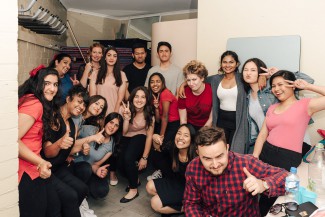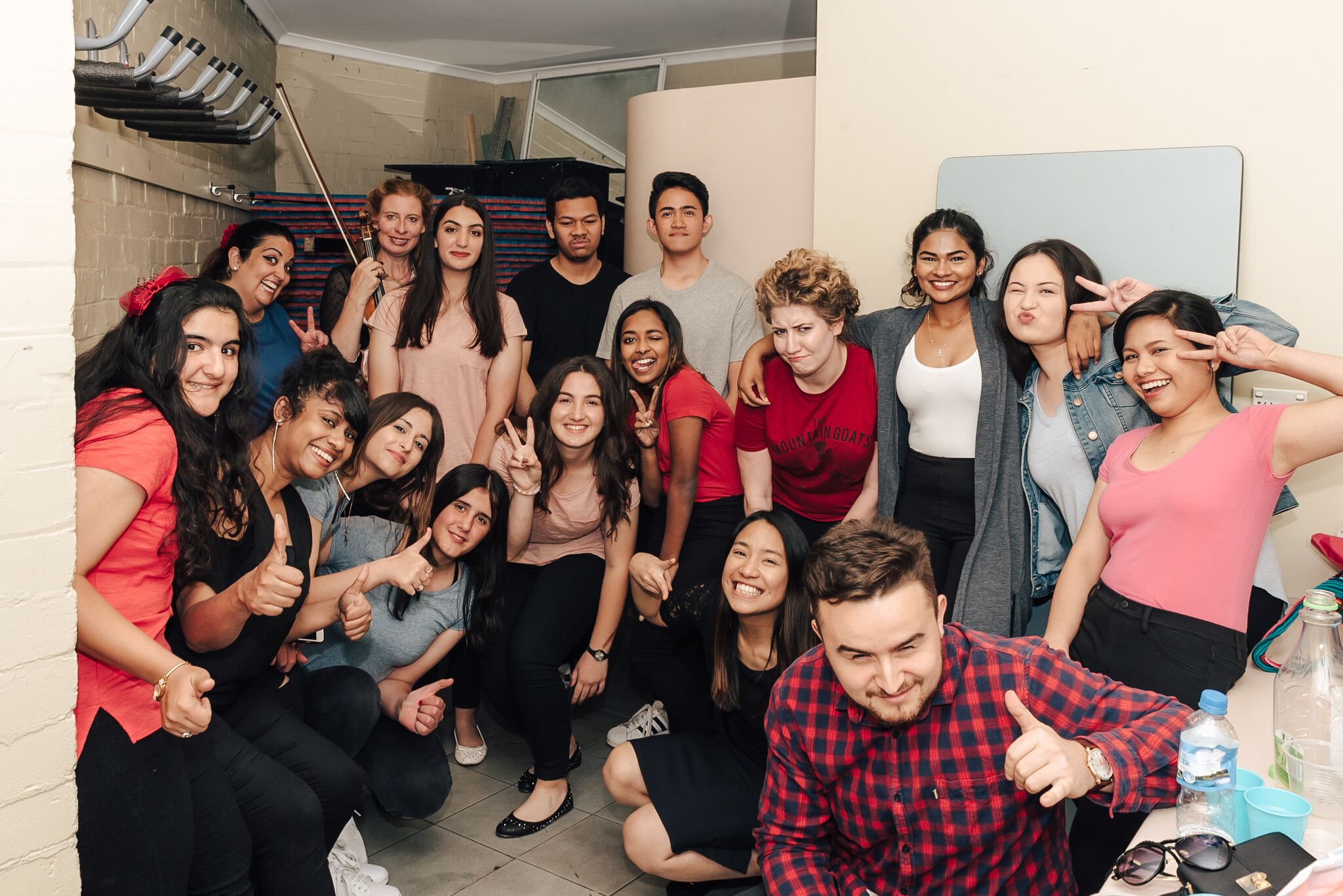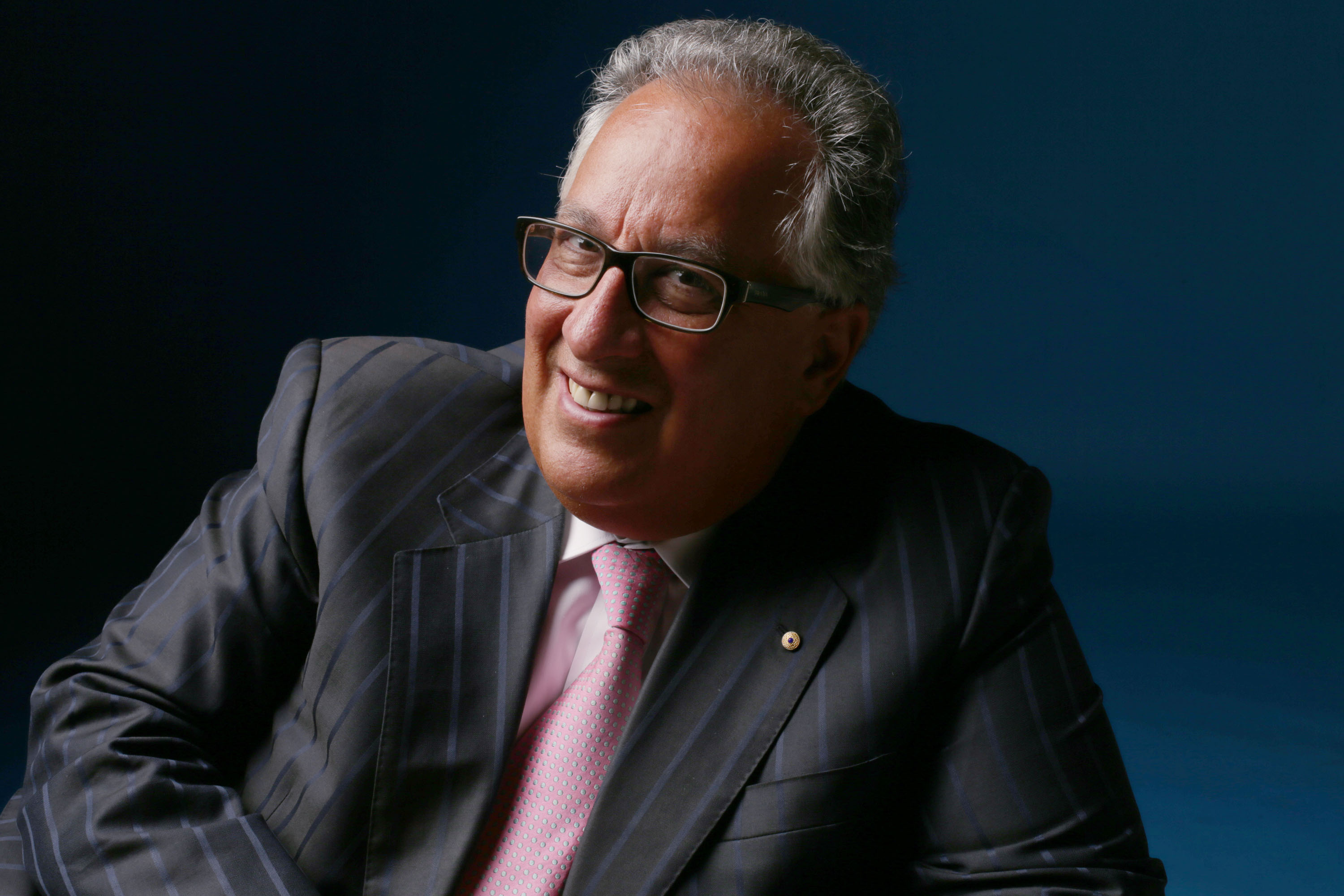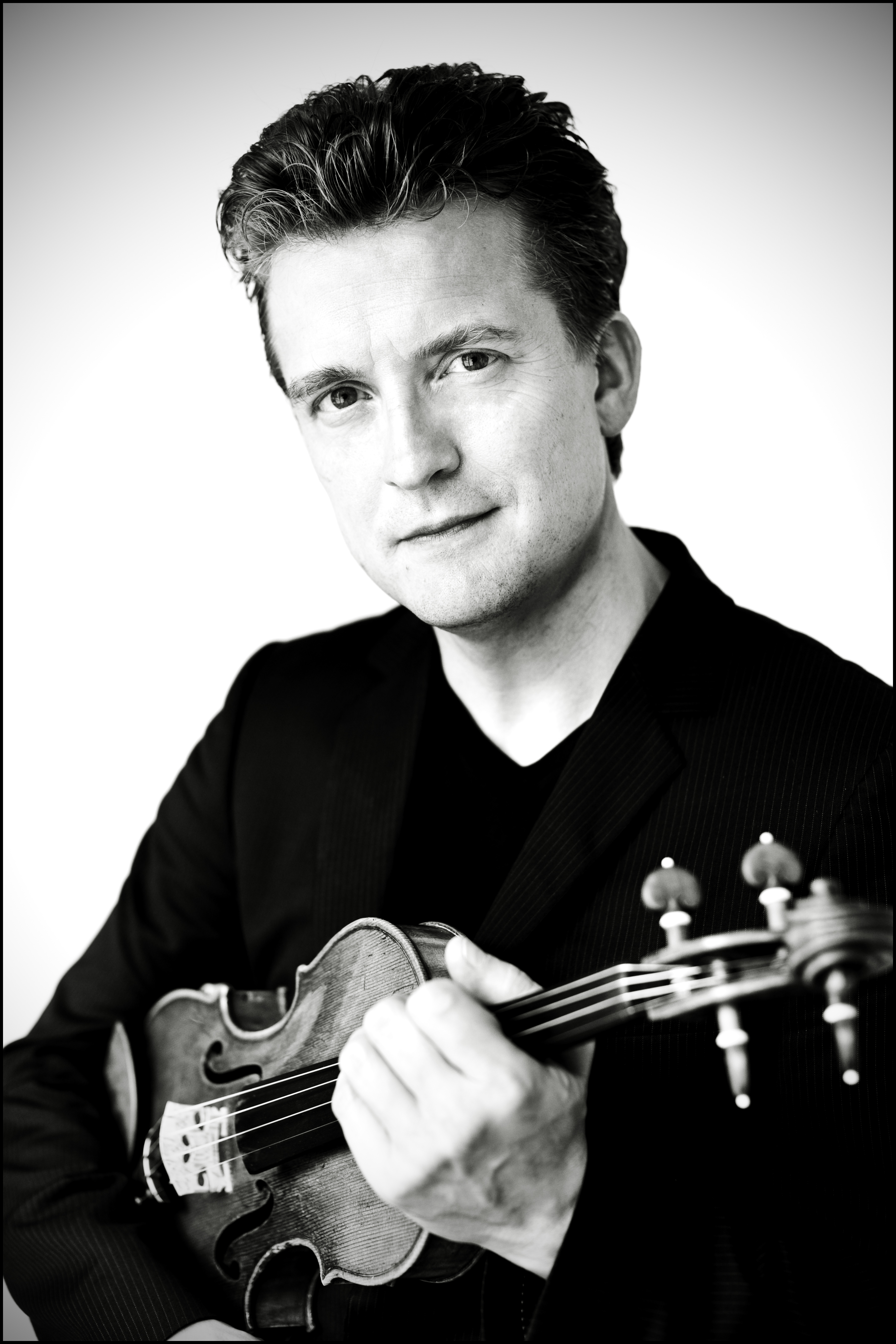‘Phoenix Voices Of Youth’ Brings Hope In Song

The myth of the phoenix is well known – the fabulous, long-lived bird of fantasy which sprang with new life from the ashes of its pyre. The image has come to symbolise re-birth and re-invigoration.
In Sydney it is the moniker for a newly formed ensemble of young singers from refugee backgrounds. Phoenix Voices of Youth was co-founded by Natalie Gooneratne, Sara Nguyen and Anna McDonald. Last month, they gave their very first concert, conducted by Natalie with an instrumental ensemble from the Sydney Conservatorium of Music led by Sara.
Natalie Gooneratne is brimming with passion as she speaks of this venture. “We have around 15 singers aged 13- 22 years” she says. “We are based in Fairfield. Our singers live in the community and most attend an Intensive English Centre attached to Fairfield High School. Most of those who pass through are refugees. The children learn English here for up to a year before they join a mainstream high school. Most of them have been in Australia for less than a year and they come from countries which include Iran, Iraq, Syria and the Philippines.”
For Natalie, introducing the concept of choral singing to some of these cultures was a challenge. It was a long uphill task which took a year of rehearsals, getting used to the idea of singing together as a choir and learning what it is all about. And so they “started small.” The November concert was less about artistic excellence – for now – and more about making a start. “Everything has to start somewhere,” she says, emphatically, but planning is already underway for concerts in April and November 2018 in Parramatta. Choir Director at Parramatta High School, Natalie has recruited a few students from Parramatta and hopes to recruit from surrounding suburbs. “Parramatta is a much more central location than Fairfield. Most of the kids are from surrounding areas like Westmead and are more inclined because they don’t have to travel all the way to Fairfield. We’re hoping for 20-25 voices next time.”
Coming from a background in music education, Natalie took care not to impose her music selections on her young singers and drew on what they wanted to sing for their inaugural concert. “We have to put the children first and exchange ideas. When we asked them what they wanted to sing, some came up with songs from La La Land and some selected Arabic and other traditional songs. Some refugees hold on to their culture and others completely move on from the past and only want to learn English repertoire. Most wanted to sing English pop songs.”
The benefits of choral singing proven and multifaceted. For young people whose lives have been scarred by unimaginable horrors, singing in this choir has the added element of being a healing process. Says Natalie, “They are resilient; very little can stop them and people who saw the concert were inspired. It was their first time performing. These are kids from oppressed cultures but were so keen about being in the choir, they would arrive at rehearsal early and wonder where I was.”
“Because these kids carry a great deal of trauma,” says Natalie, “they can be very withdrawn. When I first met some of them which was about 4-5 months ago they hardly spoke to each other and demonstrated signs of post- traumatic stress disorder. Singing has encouraged them to communicate and increased their self-confidence and self-esteem. This I found was nothing short of a miracle. If you were to see these singers from the first day to now, they are completely different individuals.”
It is obvious that some members of Phoenix Voices of Youth hail from countries that have been sworn enemies at various times in history as well as in the present. Have they brought these tensions with them? Natalie describes the dynamics within the group as being helpful and caring. “There were no tensions even though you might assume there would be. I try to instil in the singers that anyone who is struggling needs help. We are a team and we move forward. When there are newcomers the older ones go and speak to them in their language, explaining things, giving them photocopies of the songs and arranging practice sessions in their homes. A strong team culture has emerged.”
Natalie’s mother was a singing teacher and she has been immersed in music all her life. She graduated with a Licentiate Diploma in Voice from the Trinity College of Music and taught at several elite schools in Colombo, Sri Lanka. It was as a junior lecturer in voice at the University of Visual and Performing Arts in Colombo that she formed “Evolution”, a choir of students from around the country, aiming to smooth over various tensions amongst them. Starting with 4 or 5 students the choir grew to 20 singers and became one of the best choirs in the country, becoming first runners-up in their first national choir competition.
Migrating to Sydney in 2013, Natalie has just completed studies in Music Education at the Sydney Conservatorium and expects that her career will take her in the direction of teaching and choir direction. She holds high ambitions for Phoenix Voices of Youth. “I want this choir to be more than a choir of artistic excellence. It embodies passion, resilience, support and self-determination. It reflects what a true community should be. The singers bring in all these elements and that’s why this will be a special choir. The singers themselves realise it and have come up with ideas that represent all our diverse cultures. This is the future – we are the future, moving forward with songs that convey the message that nothing should divide us and that we should work together – and that’s why this choir is special.”
For the next concert, the singers have devised the title of Future Rising. Natalie is realistic and somewhat apologetic, says “Our concerts we won’t be the best – as yet. We have a long way to go and some of these kids have never even sung before, let alone as a choir. Our last concert was the first time that they sang before an audience. They were scared and nervous and one girl broke down and went off stage, but she came back. She is so courageous and only 12. For me, this was of more value than someone singing a good song of artistic worth. This goes beyond that goal. This fosters resilience, unity, working together – starting with these children and what they represent.”
Nonetheless, Natalie wants 2018 to be a better year for the ensemble. Having worked out the dynamics of the group and an early understanding of what performance entails, the inaugural concert was more about expression, encouragement and enjoyment than musical perfection. Natalie’s next goal is to start focussing on improving artistic standards, working on technique, musicianship and improving the voices.
There is another critical element to Natalie’s hopes. She says “We want to move from the pity element. We don’t want the choir to become a cause or be patronised. We want people to listen to us because we are more than that. We wish to be a competition level choir.”
Elaborating, she says “One major thing we realised through this journey is that being a refugee or multicultural is not an identity. It is an unfortunate label that regardless of where we all come from we are all grouped as refugees or multicultural and it becomes an identity. It is important for people to know that being a refugee is not an identity – that is one fundamental message we hope to convey. We are all individuals united with our own cultures and our own stories to tell.”
Shamistha de Soysa for SoundsLikeSydney©






